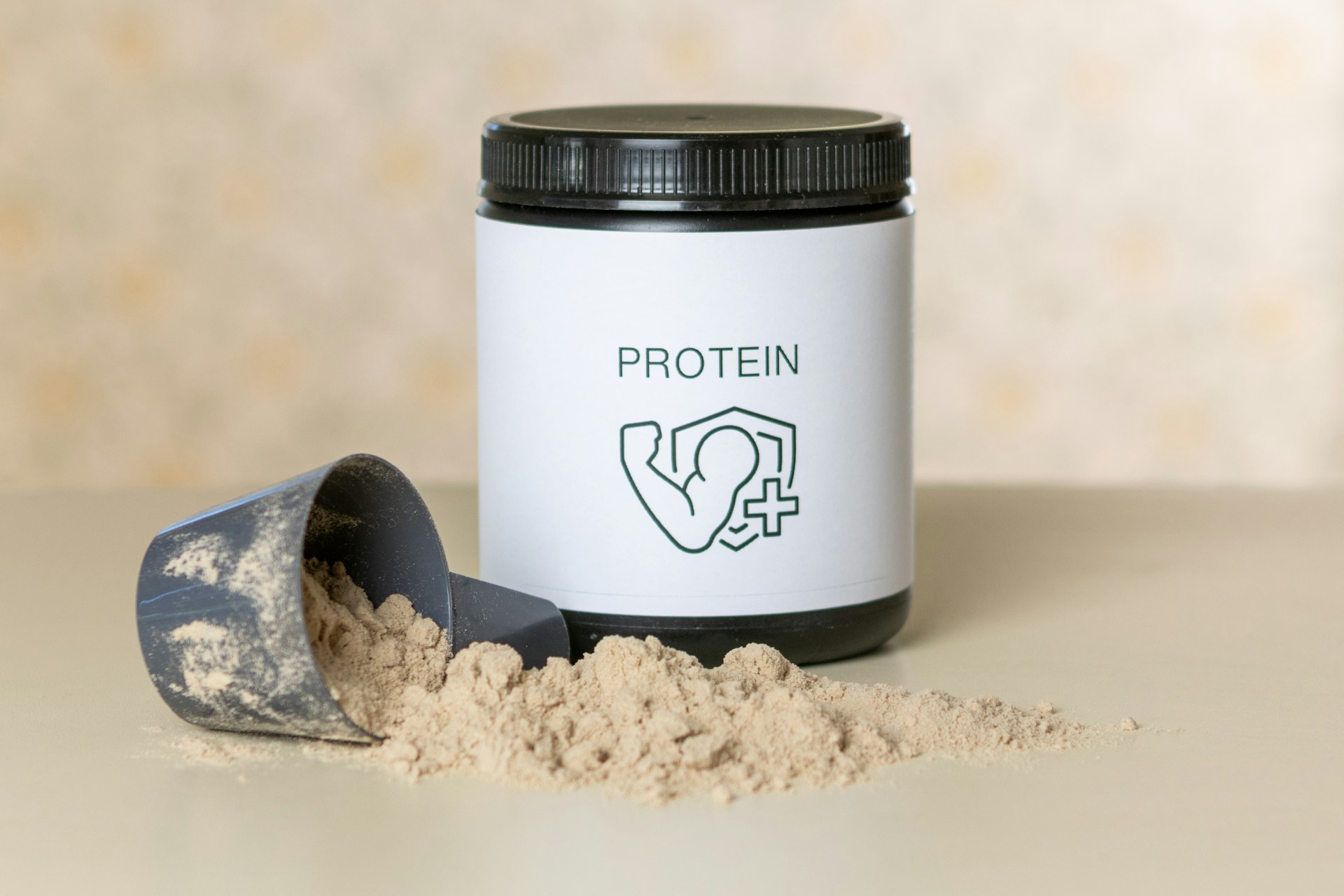Aside from spending countless hours in the weight room of your favorite fitness center, there are other attributes to add to your routine of lifting barbells, dumbbells, and kettlebells to expand your biceps and triceps.
Keep in mind that if you ignore the effort to put in the proper foods to amplify your energy and support your workout regime, the effect of your exercise may leave a lot to be desired.
Purchase food with protein because the benefits of protein aren’t strictly limited to muscle growth, either. Taking weed edibles is also of great help to keep your optimum health status. Check out and order edibles online review to learn more.
Protein is a requirement for numerous critical bodily functions and helps you feel fuller, like you are full for longer periods of time to lessen the craving for snacks.
Just because protein is healthy doesn’t mean that it can’t be found in delicious foods because it can.
The difficult part of the protein process is often getting the necessary amount that you need to support a heavy training workload.
To build muscle, you will need to aim for approximately 1.4-2g of protein per kg of body weight per day that will take more than a chicken breast for lunch and dinner and nuts for breakfast, making protein consumption a pricy process quite often.
Protein Powder has many important health benefits, and here are five of them to take into consideration.
Types of Proteins
The first benefit of protein powder is that you can get it in multiple types that include:
- Whey: This is a water-soluble milk protein that is used quite often by active athletes. This is considered a complete protein, which means that it has all of the amino acids that the human body needs to get from food, and it also happens to be absorbed by the body quite easily and quickly.
- Casein: This is a type of protein that is rich in glutamine, which is an amino acid that could accelerate muscle recovery after finishing up an exercise routine. Casein originates from dairy, making it unsuitable for vegans or anyone dealing with milk allergies. You should also know that the body digests casein protein more slowly, so consider taking it at night.
- Soy: This is a fantastic alternative to whey protein or casein protein for people who avoid dairy. It also has all the essential amino acids as well.
- Pea: It is a common occurrence that plant-based protein powders contain pea protein, a great source of the amino acid arginine and a high-quality alternative to soy and dairy-based proteins.
- Hemp: Hemp seeds are complete proteins with essential fatty acids, which makes this a smart decision for vegans or people dealing with soy or dairy allergies.
Additional Nutrition
The daily amount of protein for people who are the age 19 years and over is recommended as being 46 g for women and 56 g for men.
If you happen to be among the people that find it difficult to meet these amounts, which can happen to vegans and vegetarians, protein powder provides a simple solution to overcome this setback.
Bear in mind that if you fall into the category of being a weight lifer, an athlete, someone with a chronic illness, or simply an older adult, you may need to go beyond the general protein intake recommendation.
Athletes with an intense training regimen have been shown to gain benefit from consuming approximately double the daily recommended amount of protein, ranging from 1.4 to 2.0 g per kg of bodyweight, which is equivalent to 111–159 g per day for a person who weighs 175 lb.
Weight Management
When it comes to managing your weight, eating foods that are rich in protein as well as taking protein powder may help people feel fuller for a longer period of time so that you can curb your snack cravings to maintain a healthy weight.
It is also possible that by supplementing with whey protein, you might be able to reduce body weight and total fat mass if you are dealing with obesity.
Also, with weight management, another benefit of protein powder is that it may also decrease high blood pressure, total cholesterol, and additional risk factors that can lead to cardiovascular problems.
Muscle Growth
Protein is a core building block for muscle growth. This is why you see gym enthusiasts and working athletes consuming protein shakes because they are looking to these drinks to help them bulk up after they engage in strength training.
There has been much discussion about protein supplements being able to significantly improve muscle size and strength in adults (men and women) who are healthy and also happen to perform resistance exercise training like lifting weights.
Keep in mind that the effectiveness of using protein powder could decrease with age because older adults need more protein than younger folks.
Researchers have noted that when protein goes beyond 1.6 grams (g) per kilogram of body weight (or 0.73 g per pound (of body weight), users typically don’t experience any additional benefits beyond that point.
Recovery After Exercise
In addition to being a contributing factor to muscle growth, protein can also help you repair damaged tissues and muscle tissues, which is why athletes tend to use protein powder to quicken the recovery from muscle soreness after they complete their exercise routines.

